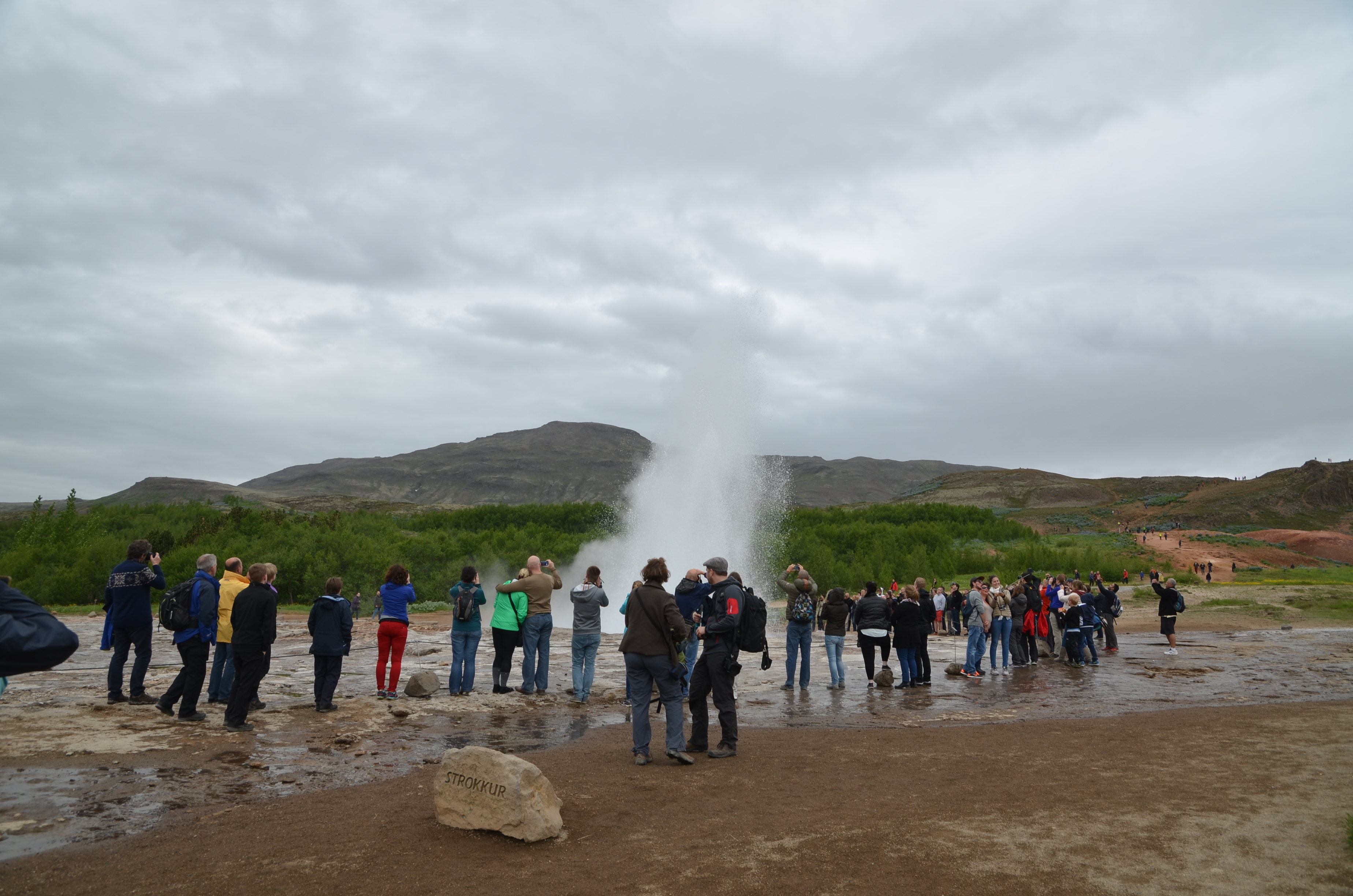RTD-13: Tackling Overtoursim - Local Responses
13th International Conference on Responsible Tourism in Destinations
Working symposium 29-30 September 2017 – Hannesarholt, Reykjavik, Iceland
Tourism is rapidly growing worldwide and popular destinations are increasingly becoming dominated by tourism. This puts a strain on the infrastructure in wild, rural and built environments. Congested roads, lack of public toilets, overwhelmed rescue teams, sky rocketing housing prices, trampling pressure, soil erosion, fed-up local population, and crowding out effect such as currency fluctuations and human resources, demonstrate some of the issues communities are faced with when attempting to accommodate so many tourists. How should mass tourism be managed? Can it be managed?
The main purpose of this working symposium is to explore strategies to ensure sustainable tourism development where “overtourism” is occurring through local practices and empowered communities. We envisage that this symposium will identify the research agenda on overtourism and we hope that research partnerships will emerge from it and means of knowledge dissemination identified. The following themes are of particular interest but feel free to suggest others:
- The physical impacts of tourism and transport – in natural and built environments
- The social impacts of tourism
- Terrestrial tourism in natural areas – species and habitat impacts
- Freshwater and marine tourism
- Urban tourism
- The challenge of managing disintermediated travel and tourism
The first of this two-day event will establish what is known and what the challenges are and will be comprised mainly of presentations and Q&A. The second day will take the form of structured parallel workshops designed to develop the research agenda and international collaboration to seek funding and undertake comparative research.
The symposium takes place in Iceland which has been faced with an exponential tourism growth in recent years and many of the challenges of overtourism are readily manifest. An emphasis on responsible tourism management will be beneficial for the future of Icelandic tourism as well as worldwide and guidance towards a tourism that sustains communities and serves as a tool to increase quality of life.
See further information about Responsible Tourism in Destinations Conferences here.

Strokkur Geysir; one of Iceland's most famous and most visited geysers, erupting once every 4-8 minutes.
photo: ejb





 Norðurslóð 2 (E-building- 206)
Norðurslóð 2 (E-building- 206) 600 Akureyri, Iceland
600 Akureyri, Iceland